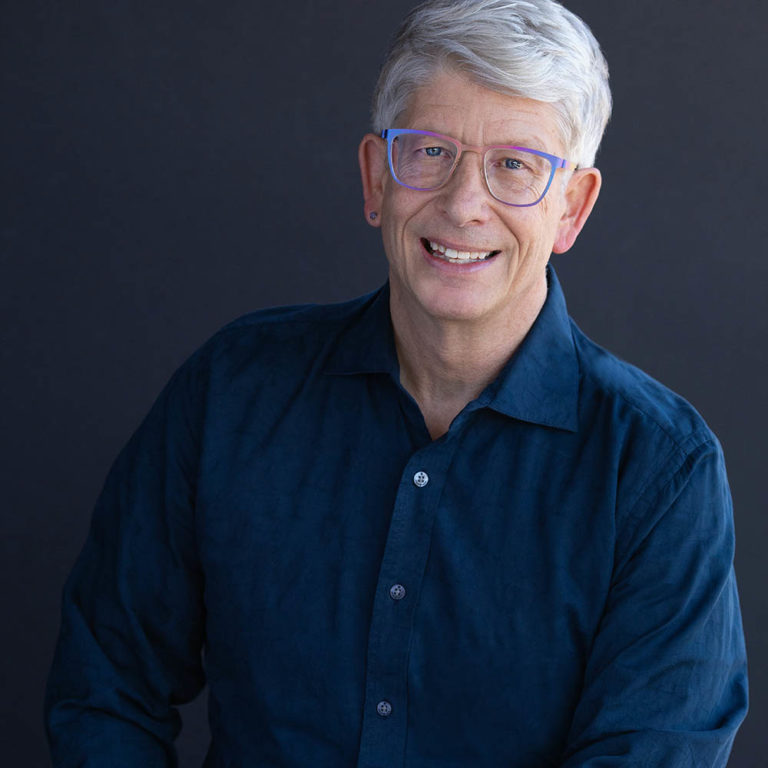 Interview by Jackie Karnath
Interview by Jackie Karnath
What was it like being a stay-at-home dad before the marked increase in the number of men who stayed home with children in 2009?
It was a lonely experience in many ways. “The estrogen curtain,” that’s what a fellow stay-at-home dad called the invisible barrier excluding him from the tight social networks among female caregivers. I did not resent this. On the contrary, I was happy for them. They had a lot in common that enabled them to form close personal bonds. Rather than seek to become a part of their circle of friends, I focused my energies on making our house a fun gathering place. Hosting playdates and organizing activities ensured that my kids were included in social events, even if I was not. It was a solitary life for me, at least in terms of adult companionship. But it was very rewarding nonetheless. When more dads appeared on the scene, my life became less awkward and isolated. So, that was a welcome change.
How did your experience coping with your own neurological problems both help and hinder you in managing Ethan’s special needs?
Ethan’s all-consuming medical care threw a big monkey wrench into my elaborate self-care regimen for the residual effects of encephalitis and the progressive neural decline of Charcot Marie Tooth disease. Years of experimenting with exercise and treatment options, however, had made me quite adaptable, as well as comfortable with medical procedures and equipment. Besides quickly figuring out how to provide him the care he needed while coping with my own problems, I was able to weave into our day ample opportunities for play and adventure, even amidst considerable medical drama. It turned out that though I was unqualified as a caregiver generally, I was the ideal caregiver for Ethan – a fun-loving kid with major medical issues.
What changed for you as a stay-at-home parent after Ethan passed away?
Ethan’s death was a grenade exploding in my heart. Penelope, however, was just 3 1/2 then and needed my full attention. I threw myself into her care, though inside I was still a wreck. Others said they admired me for not letting my grief affect Penelope. I hope that’s true. Nonetheless, I worried that my unbearable sadness might affect her emotional development. Fortunately, our community enfolded us in their loving arms and showered her with enthusiastic attention, which helped all of us get through this very difficult period. In the end, caring for Penelope was a lifeline that pulled us through.
 What long-term effects did you experience having been side-tracked in your career?
What long-term effects did you experience having been side-tracked in your career?
In terms of publishing, I did quite well. I translated and edited several books while caring for Ethan. Two of them were classics, which are still important scholarly contributions. I was deep into writing a book on American pragmatism when Ethan died. I put that aside to write this book.
As an adjunct, I rarely teach classes in my original area of expertise, law and philosophy, and I often don’t know whether and/or what I will be teaching next semester. Preparing for all these different classes, though, has kept my mind nimble and forces me to delve into subjects I might have otherwise avoided.
The biggest effect was it made it harder to form lasting friendships. While home full-time with our kids, I had fine working relationships with many moms and nannies in my milieu. Ultimately, though, we were colleagues, and our relationships did not extend beyond our shared parenting duties. My social skills atrophied considerably, as conversations never deepened in the way they do among good friends. Also, as an older parent, I returned to work at an age when, as Aristotle argued 2500 years ago, it is more difficult to make friends.
How did you come to write this book? And why did you decide not to include commentary from your current vantage point?
My last thought while sinking with Ethan was I would not be able to tell his story. An odd thought, indeed, since I was not planning to write a book about him. Still, I felt like I survived to write this book.
I excluded commentary from my current vantage point, first because I was afraid it provided an opening for unintentional spin control, making myself appear better than I am/was. Relatedly, I wanted to avoid even the appearance of mansplaining to some of the book’s target audiences–women, people with special needs, and those affected by drowning.
What do you hope readers will take away from your story?
That kids with special needs are simultaneously ordinary and extraordinary. They want to live life just like other kids do, and they overcome huge obstacles in pursuit of this goal. What’s truly amazing, though, is they are so joyful amidst all their pain.